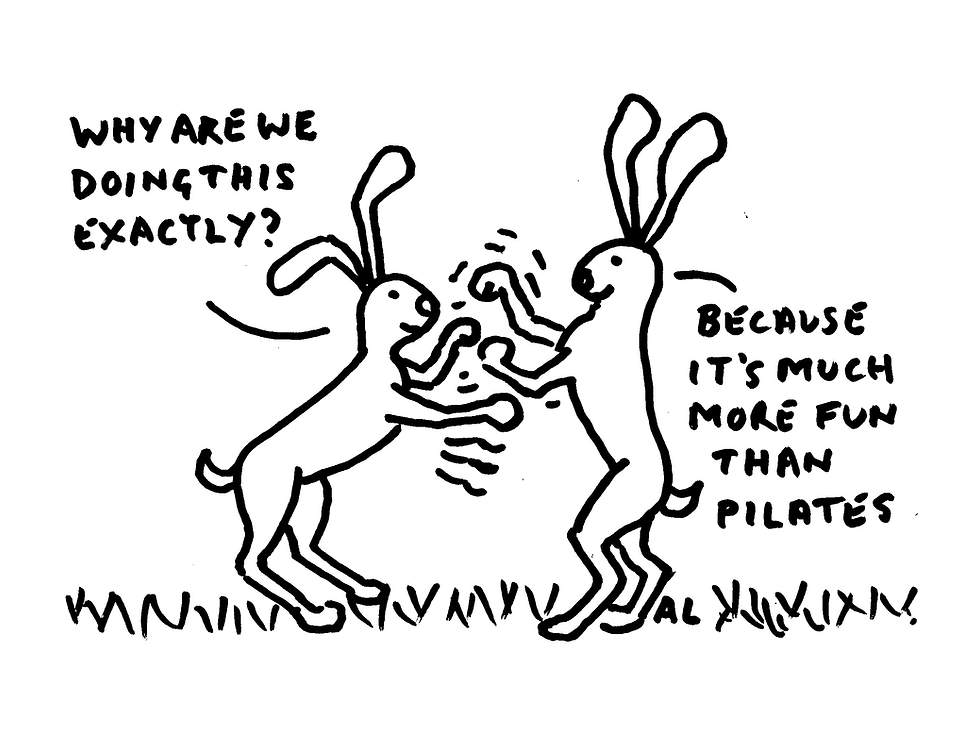Nadder Community Energy Update
- admin33536
- Jan 2, 2023
- 2 min read
We’re told that climate change is likely to mean warmer, wetter winters for us in the UK – which we might be forgiven for thinking would be no bad thing. After all, we might expect generally lower heating bills, assuming we are not ripped off by the energy companies. And we might also expect less frost damage to crops, a longer growing season, lower food prices, and less disruption to travel and transport.
But Nature has a way of playing tricks on us.
For one thing, although the long-term trend may be in that direction, we know from literally bitter experience we can expect repeated record-breaking extremes of weather, with increasing frequency.
The unseasonally cold snap in early December caught many of us by surprise, and there’ll doubtless be more ice-gripped googlies like that before the winter is out. Many dank, dreary days of incessant rain will lead to widespread flooding – an ever more likely occurrence here in the Nadder Valley.
Nature’s sudden serendipity in throwing such extremes at us, and all those living in temperate climes, is a direct result of global warming. As the atmosphere heats up, it acquires more energy and becomes more powerful and erratic. The jet stream flips and flickers more excessively, creating polar vortices and sub-tropical eddies, with weather straight from such far-flung places as Siberia or the Azores. All rather exciting you might think, but less fun for farmers and those trying to keep our essential services running. Not to mention the tribulations for ecosystems and biodiversity.
But whilst we in Britain will be juggling with more frequent disruption and nuisance, other parts of the world are struggling with utter chaos and disaster. Horrific floods in Bangladesh and Pakistan, prolonged drought in East Africa, forest fires in Australia and California, thawing permafrost in the northern tundra, melting ice-caps at the poles, rising sea levels everywhere. Massive loss of lives and livelihoods as crops fail, dwellings are destroyed and people are scattered.
The much-vaunted threshold of 1.5 degrees C above pre-industrial levels is almost certainly toast as the global trajectory creeps inexorably upwards. National decisionmakers at repeated COP summits make fine statements, but real change seems far too little, too late.
All so much doom and gloom you might think: what’s the point of even trying to do something about it?
The point is there’s every point. So much of the real change can come from us as individuals and communities in doing the sorts of things we’ve talked about so many times in this column. Suffice it to say that all the salient points have been brilliantly brought together in five excellent programmes on BBC Radio 4 under the title Rethink: climate presented by Amol Rajan and available on BBC Sounds. I do urge you to have a listen. Yes, there is hope.
And if you’re interested in getting more to grips with the issue locally, perhaps becoming more actively involved, do contact us at admin@nadderce.org.uk . You would also be most welcome to join an all-day workshop being put on by the Wiltshire Climate Alliance in Devizes on Saturday 4th February. There’s even a party in the evening for the real stalwarts. Details at www.wiltshireclimatealliance.org.uk . Maybe see you there!
Alan Maryon-Davis





Comments